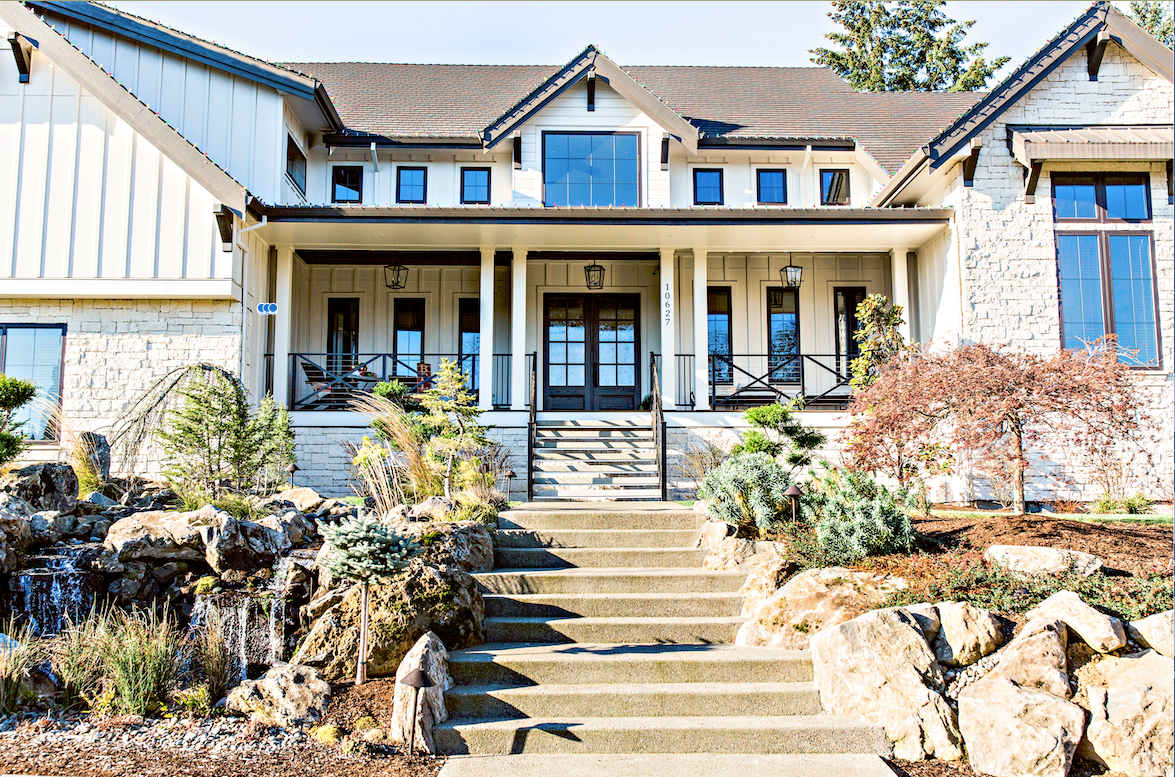
In the never-ending pursuit of affordable housing, buyers and sellers alike can be involved with renters.
For buyers, purchasing a property with an established rental suite can mean having a mortgage-helper with the rental income.
For sellers, having an existing renter and the income that comes with it can also make it more attractive financially — in setting the listing price.
Both situations can be complicated and anyone who has never been a landlord or a renter should be aware of what having a renter means.
The most important thing, especially in B.C., is that rental contracts protect — first and foremost — the tenant.
If you’re thinking of buying a house with a renter, the tenant comes with the purchase unless the tenant decides to move. You can make the sale conditional on terminating the rental agreement, which would be the responsibility of the seller, but it could mean no sale.
If you’re thinking of buying a house with a renter, the tenant comes with the purchase unless the tenant decides to move. You can make the sale conditional on terminating the rental agreement, which would be the responsibility of the seller, but it could mean no sale.
Of course, if you (the buyer) want the mortgage helper, that’s not an issue…but it’s likely to be a long-term arrangement.\
If you’re trying to sell, any potential buyers have to know that the renter comes with it. The contract you have with the renter can’t be terminated just because you’re selling the house.
And if you’re about to become a landlord, make sure to keep ALL the accounting and financial information — the Canada Revenue Agency says these records should be kept for six years from the end of each tax year.